Poet Tran Cau: " Dien Bien in me - an unquenchable flame"
|
I went to the Dien Bien campaign at the age of 19. At that time, I had not written poetry, did not know what “soulful words” were, only had a young heart full of enthusiasm, ready to fight for the Fatherland. None of us – the Dien Bien soldiers – thought we were making history. We only knew that we were digging tunnels, carrying bullets, crossing forests, crossing streams, eating rice balls, sleeping in hammocks, living and fighting together like a big family, with a simple belief: This country will be independent and free.
The days in Dien Bien were unforgettable. I still remember the sound of firecrackers shaking the sky, the smoke and dust, and the friends who stayed behind and did not return. Victory came - bursting into tears and wordless handshakes. I was chosen to join the delegation to take over the capital after the victory, the moment Hanoi was resplendent with flags and flowers that year - I am still moved every time I remember it. I walked on the streets, but my heart still seemed to hear the echo of Dien Bien drums in my chest.
Later, when I left the army and worked at the Thai Nguyen Iron and Steel Plant, I always tried my best to complete the assigned tasks well. I wrote my first poems after retirement, the poems came very slowly, very simple, but contained many things that cannot be expressed in words. Poetry for me is a way to return, a way to remember old friends, a way to preserve memories. I do not write poems to be good, I only write poems to not forget.
Now, at the age of 92, the memories of Dien Bien Phu are still intact in me – like a small flame burning slowly in my heart. Every time I hold a pen, I still see myself as the young soldier of the past, holding my head high in the trenches, my eyes following each artillery barrage, my heart silently calling the name of my homeland. Dien Bien Phu is not just a victory, for me, it is the starting point for a life lived with ideals, faith, and poetry.
Musician Pham Dinh Chien: Border memories and musical journey from fire and smoke
|
I joined the army in 1982, stationed in the border area of Cao Bang. At that time, the entire strip of land at the head of the Fatherland still bore the marks of war: Mountains and hills were devastated, villages were desolate, soldiers were deprived in every way, and people were suffering from hunger and poverty every day. The cold of the border forest, the hunger of depleted rations, the long nights of guarding in the fog and the homesickness that throbbed like a silent wound… are still in me until now. But it was also from that place that I found music – like a warm stream of life that nourishes the soul.
There was no stage, no colored lights, no sound system – just the sound of instruments, singing and the faces of my comrades shining in the dark. I began to write the first songs as a natural need – to share emotions, to ease loneliness and to encourage each other to stand firm. I wrote about the innocent and proud border girls, wrote about young soldiers in the quiet mountains and forests, wrote about brotherly love – sisterly love – love of the borderland. Songs like “Cao Bang Teacher”, “Going to Cao Bang, My Hometown”, “Quang Hoa Song”, “Love Song of a Young Soldier”, “Your Love, My Love on the Borderland”… were born one after another during sleepless nights.
I never thought that those simple melodies could go so far. Soldiers sang them again in regimental and divisional performances, and people in the highlands sang them in festivals and community activities. Some songs, many years later, when they returned, people still remembered them, still hummed them as part of their living memories. The most recent time, in 2023, I returned to my old land - the little girls from back then have now become women in their 60s and 70s, their hair graying, still singing the songs I wrote back then. I was speechless. Something choked up in my chest. Music is truly magical - when it is born from sincerity, it can accompany people for a lifetime.
After leaving the army, I had the opportunity to study formally at the Hanoi Conservatory of Music, continuing my professional musical journey. I have written hundreds of works with all shades: heroic, lyrical, and rich folk. But deep inside me, the songs written at the border are still the most flesh and blood. No school taught me to write those love songs - only life, comrades, people and the land of the border taught me. Writing with the heart, writing from the most genuine emotions - that is how I retain a part of my youth and dedicate to life what I am most sincere about.
I think, if an artist is lucky enough to live in the midst of the times, in the midst of hardship, and knows how to sing from his own soul – then that work will never die. It will live forever – like a part of the flesh and blood of the homeland.
Artist Khanh Ha: "In the middle of the battlefield, I whisper to the earth"
|
I went through the war with all my youth and returned with my body intact – that was luck, a debt of gratitude to my comrades who had fallen all along the Truong Son road, from Tam Dao to Vam Co Dong, and then Binh Long in the fiery summer of 1972. I can never forget the feeling of a soldier when he heard the sound of flares rising in the early morning mist, then the whole rubber forest shook by artillery, bombs, tanks, bullets whistling and people calling to each other. At that time, I did not have time to think about death, I only knew to dig trenches, carry guns, drag wounded comrades, and then finally, carry the bodies of my brothers back to the forest – on my shoulders were my friends, a part of my flesh and blood.
Writing about war, for me, is the hardest thing. I used to hold a camera, I used to hold a pen, but to name exactly my emotions in those days is very difficult. It is not that I am afraid of pain, but I do not want to recount in a cliched way what too many people have said. War is not just victory. War is sweat, hunger, the look of people quietly drifting under the stairs amidst bombs and bullets, the eyes of ARVN soldiers before leaving the re-education camp... All are human.
One time, standing before the graves of three thousand people in Binh Long, I did not dare to light incense immediately. I was silent, then looked up to the sky and whispered: “I’m back… are you still there?” Because soldiers remember each other by the smell of the battlefield – the acrid, salty, fishy smell of soil, of artillery shells, of human bodies that melted into each other on the battlefield. I have never forgotten that smell.
When the South was completely liberated and the country was reunited, in mid-1977 I left the army and worked at the Bac Thai Department of Education for 10 years, then in 1988, I worked at the Bac Thai Literature and Arts Association until my retirement.
When I write, I tell stories, not to embellish the war. I write for those who don’t know, who have never been through it, so they can understand why they are where they are today. And also for myself to look back – that I once lived like that, not to survive, but to keep the most beautiful things from being buried. I don’t cry. I just remember quietly. And that is how I respond to life.
Writer Phan Thai: I write as a tribute
|
I enlisted in August 1978 and was assigned to Battalion 4, Regiment 677, Division 346. The officers and soldiers of the regiment were all from Bac Thai. After completing the new soldier training course at Ngan Son, we marched to perform defense duties at Tra Linh, Cao Bang.
Until today, I still cannot forget the memories of being in the fire with my comrades. On February 17, 1979, Chinese artillery shells rained down on the entire defense line for hours. The artillery shells had not stopped when enemy tanks and infantry launched a fierce attack. Facing the enemy, life and death were fragile, and each sacrifice of my comrades was like an oath to the Fatherland and the People.
For many days, the enemy surrounded and cut off the supply route. Bloody battles and hunger left everyone almost exhausted. Each time the enemy failed to attack, they called for heavy artillery fire and launched a new attack. Our ears were filled with artillery shells. We aimed straight at the enemy formation, gritted our teeth, pulled the trigger, and stuck bayonets into the soldiers rushing into the trenches. In life-and-death moments, the command “Hold the post at all costs” connected our comrades into a steel barricade. Many people kept a bullet in their chests, determined to fight to the end, and if wounded, they would not fall into the enemy’s hands. One afternoon between two enemy attacks, I placed a piece of paper on the butt of my gun on the trench and quickly wrote “Comrades on the high point”. The poem was like the beginning of my writing career…
Having experienced the war, I found myself understanding more clearly the strength of the nation. When the country was invaded, the patriotism, solidarity, and indomitable will of the Vietnamese people multiplied strongly. Not only the army, but also people of all ethnic groups went to war: ambushing the enemy, digging trenches, supplying ammunition, transporting the wounded… Many people fell like soldiers.
After graduating from university, although working in the industry, I still wrote poetry, reports, and memoirs. Later, when I switched to prose, I was interested in writing novels on the subject of history and revolutionary war. Because history and wars always have hidden corners, mentioning and interpreting them is also the responsibility of the writer. I do not think that war affects the inspiration to write. However, writing about that subject, I feel like I am given more creative energy. All the sacrifices and contributions of generations in building and defending the Fatherland are priceless. The words written about them are also a form of gratitude.
Photographer Phan Trong Ngoc: “Preserving peaceful smiles through post-war lenses”
|
I grew up in Bac Kan, in August 1973, while studying in grade 10, I followed the call of the Fatherland and joined the army. Joining the army, thanks to my basic knowledge of photography, I was assigned to take photos for documentation, serving the common work of the country. From 1973 to 1981, I participated in campaigns along Route 559 (now Ho Chi Minh Trail); participated in the liberation of the South; liberated Cambodia...
During my years in the battlefield, I witnessed so much pain and loss due to war. I had a close friend who died right before lunch, and someone who had just joined the Party but passed away the next day. Returning from the war, I realized more deeply the value of peace, of every inch of my homeland. That is why I really like the topic of nature and people, wherever there is a smile, there is peace, there is happiness and I want to capture those wonderful moments.
I often take pictures of mountainous landscapes, the unique features of ethnic groups and the elderly, women, and children of ethnic minorities. Perhaps since I was a child, I have been attached to hills and mountains, and Bac Kan (now merged into Thai Nguyen province) is a province with special ethnic characteristics. I love ethnic minorities, their simplicity and honesty; I am attracted to their naturalness, the genuine emotions in their smiles, and their hard work. That is why I want to bring those beautiful images to everyone, for everyone to see and feel those simple but precious moments.
I also took many photos of veterans, those who were lucky enough to return from the war. I took photos of smiles on the day of meeting, of happy veteran families and of their daily moments. There was a character I took photos of who left a part of his body on the battlefield, even though he only had his hands, he still wove to earn an income and his face was radiant with smiles. That is also what I want to convey to the viewers, that we, the veterans, although not whole, and our lives were difficult, we were happy to return and proud to contribute our efforts to our beloved Fatherland.
Author Dinh Huu Hoan: "Peach tree in the cemetery and the soldier's heroic song"
|
Just turning 18, that year was 1970 when I was a high school student, also the years when our nation's resistance war against the US entered a fierce and fierce phase. In April 1970, I was ordered to join the army. Leaving school, I became a soldier holding a gun to join the resistance war against the US to save the country from then on. Nearly four years in the army, including more than two years directly holding a gun to fight on the battlefield of Laos (at that time called battlefield C), directly participating in the dry season campaigns of 1970, 1971 and 1972, witnessing firsthand the victories, as well as the hardships, sacrifices and losses of the nation.
Not only me, but many people who directly hold guns always think that there is a need to have works that both record the image of soldiers and the nation in the fight to protect the country for history, and portray the heroic and great justice of the nation. And, I myself realize that the image of soldiers holding guns is a valuable document, the most authentic image to reflect the resistance war to save the country of the nation, so I have consciously picked up the pen to write since those days.
However, as a soldier in the battlefield, one does not always have the conditions to compose. Sometimes, one spontaneously writes a poem but does not have a pen and paper to write it down. Sometimes, one has the conditions to write it down, but during the days of rolling around in the battlefield, one loses the entire writing without realizing it... Only later on, when the compositions are saved, they are no longer the ones written on the battlefield.
During my entire journey of fighting and working, I have many memories of the days when I directly held a gun. I often think that there are still many things to write about revolutionary war and the image of soldiers in wars to protect the country, but unfortunately my ability is limited. I really want to express in my compositions the camaraderie, the belief in victory, the love between the army and the people, the international sentiment between Vietnam and Laos... Let me cite some songs such as: July's Words, Peach Tree in the Cemetery, Muong Lao Memories, My Sister...
As one of those who returned from the battlefield through literary works, I just want to send one message to everyone, especially the young generation, to see the great value of a peaceful life today. To have independence, freedom and peace, our nation had to exchange so much material wealth and so much blood of our fathers and brothers. Another wish is that more and more people will continue to write about the topic of revolutionary war and the topic of Soldiers in the previous wars to protect the country as well as the image of Soldiers in building the country and protecting our sovereignty over the sea and islands today.
Source: https://baothainguyen.vn/van-nghe-thai-nguyen/202507/thap-lua-bang-loi-nhung-van-nghe-si-di-qua-chien-tranh-38806aa/


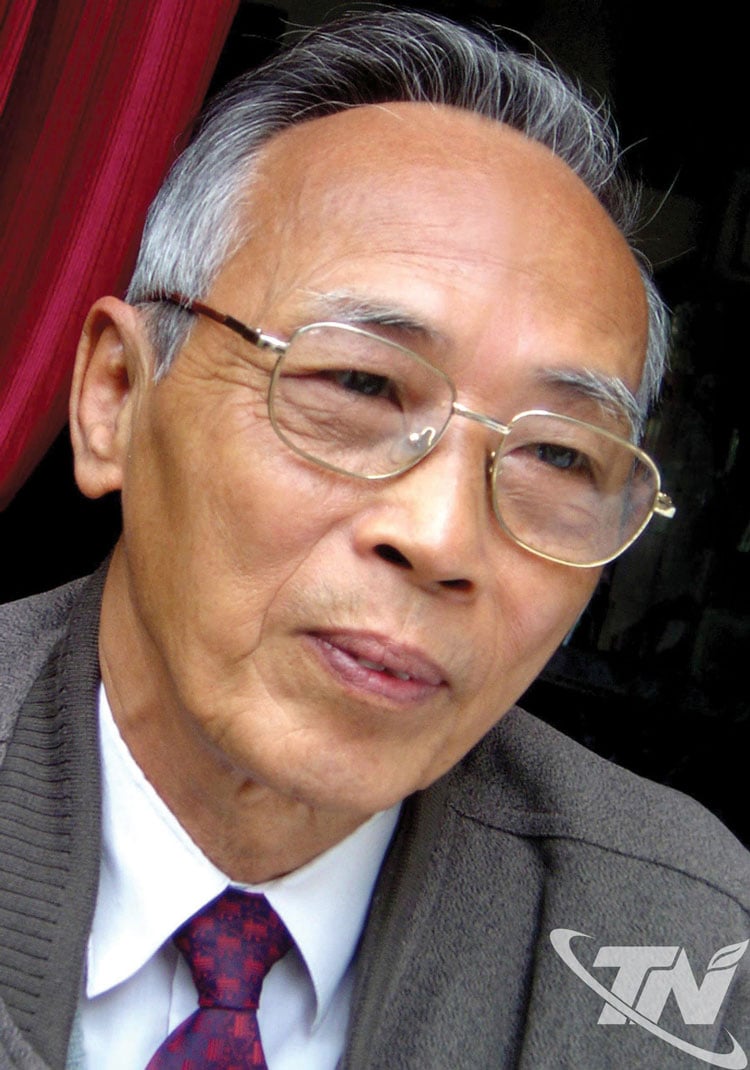
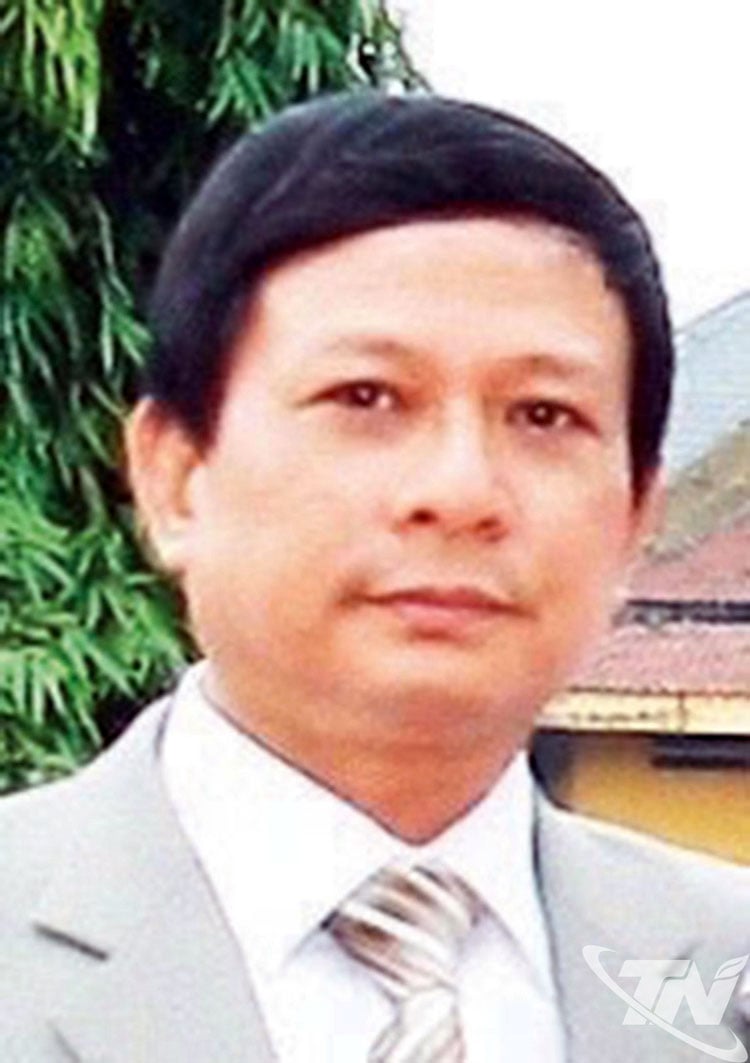
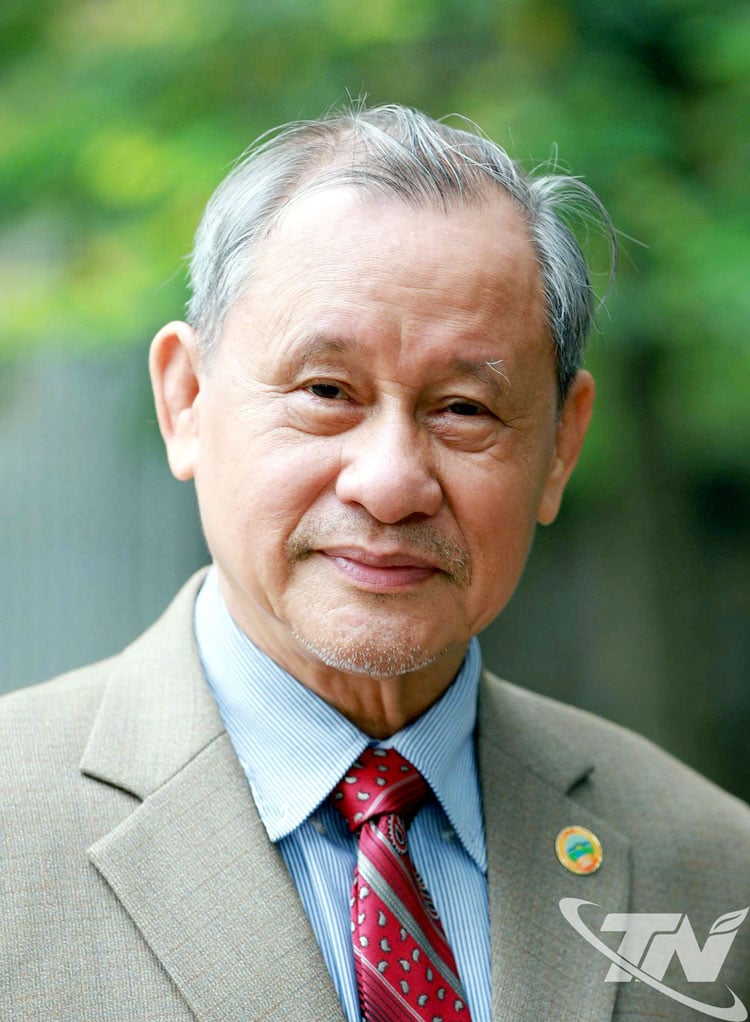
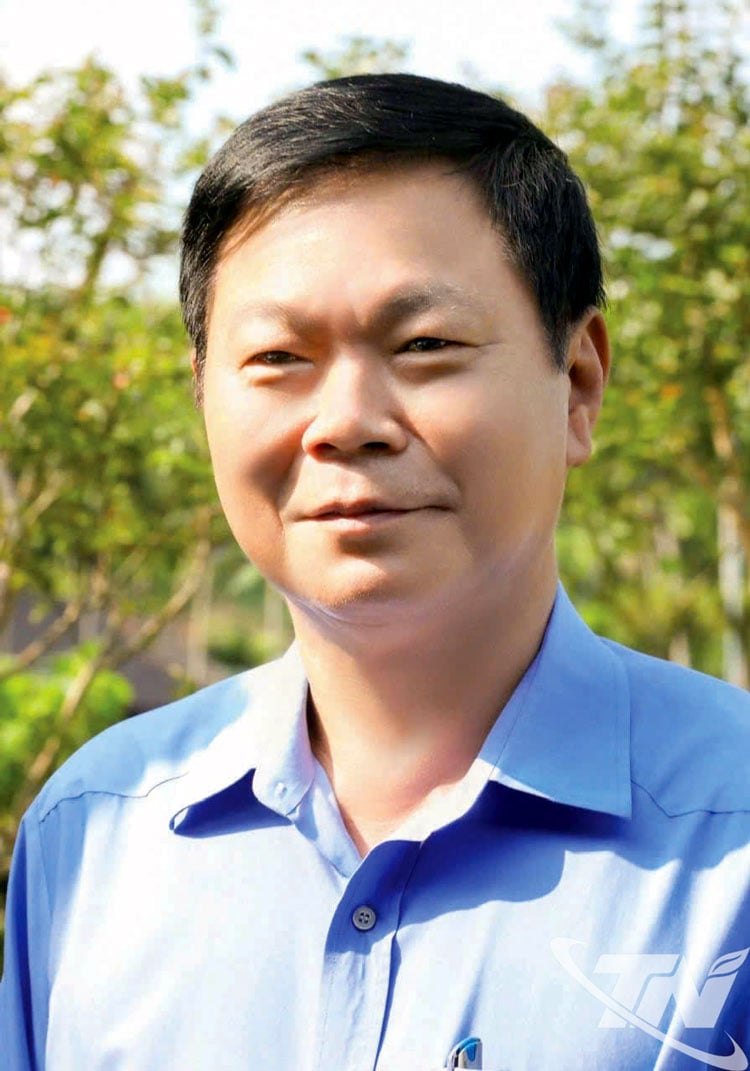
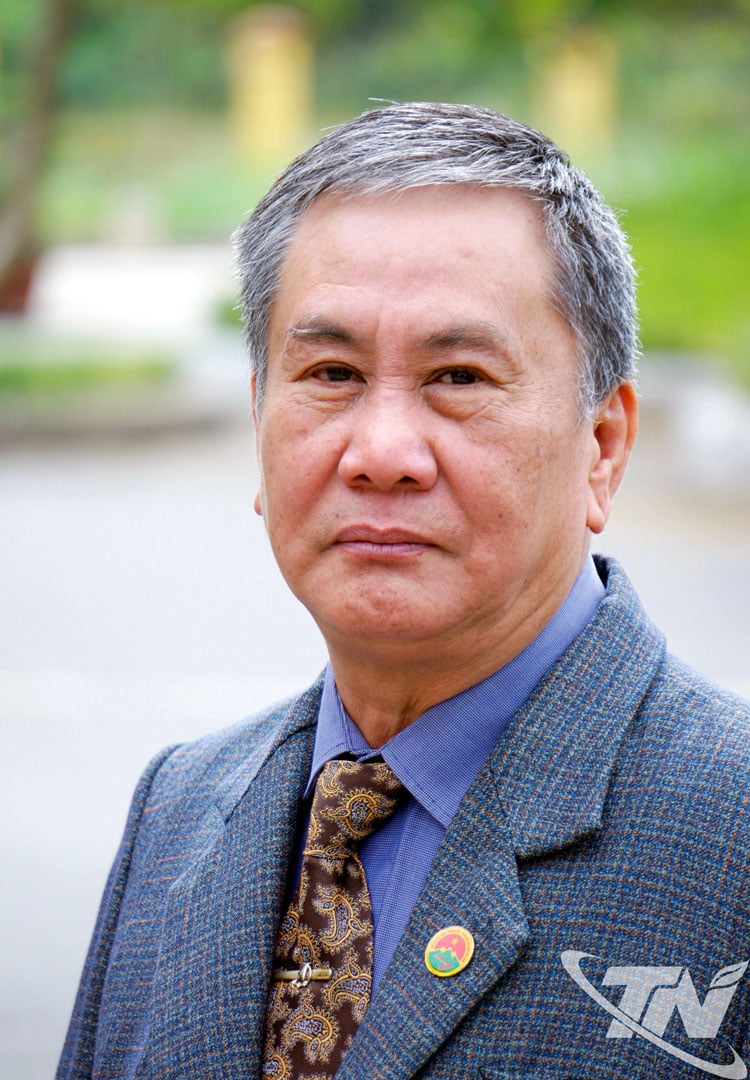
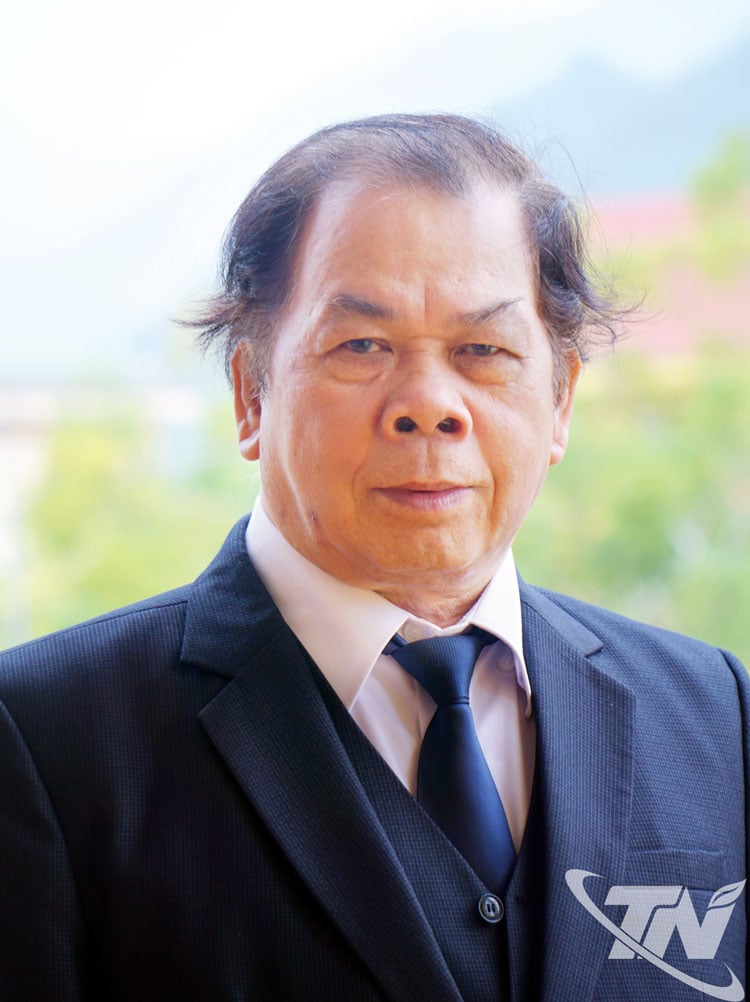




![[Photo] Opening of the 14th Conference of the 13th Party Central Committee](https://vphoto.vietnam.vn/thumb/1200x675/vietnam/resource/IMAGE/2025/11/05/1762310995216_a5-bnd-5742-5255-jpg.webp)

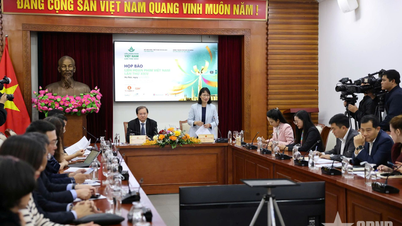








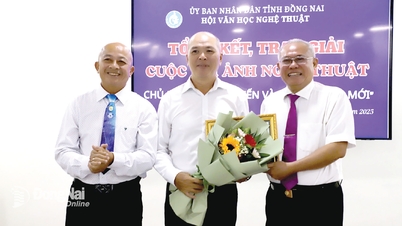

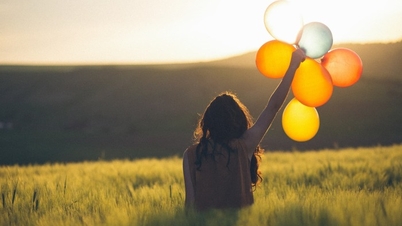


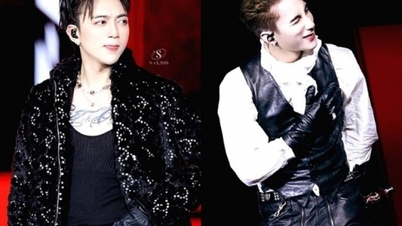

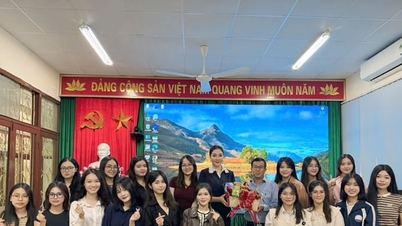


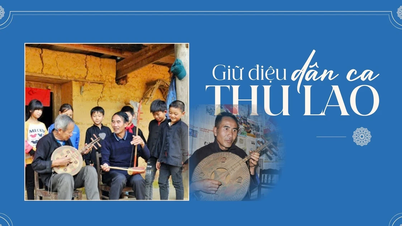





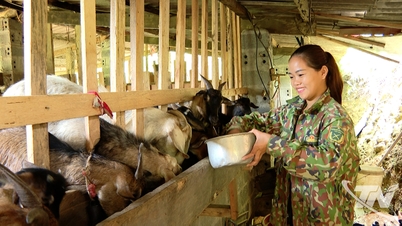

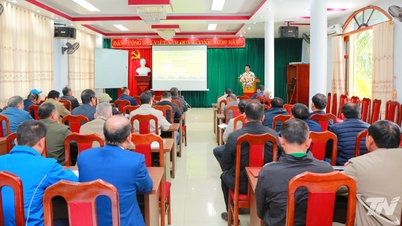
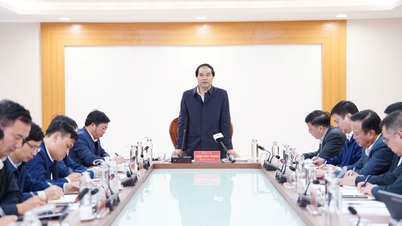
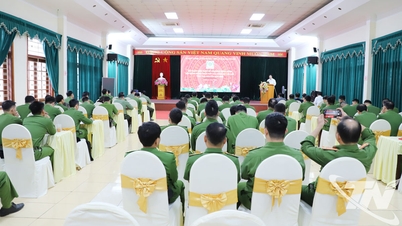
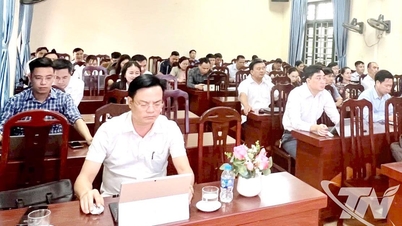

![[Photo] Panorama of the Patriotic Emulation Congress of Nhan Dan Newspaper for the period 2025-2030](https://vphoto.vietnam.vn/thumb/1200x675/vietnam/resource/IMAGE/2025/11/04/1762252775462_ndo_br_dhthiduayeuncbaond-6125-jpg.webp)










































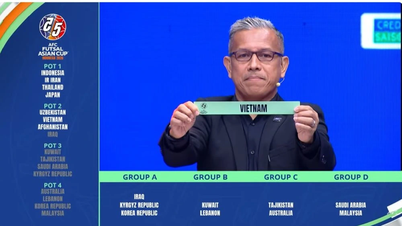


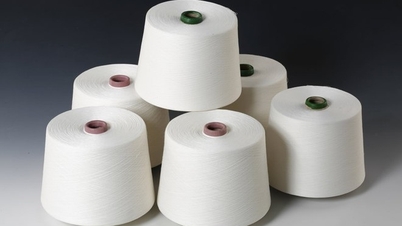


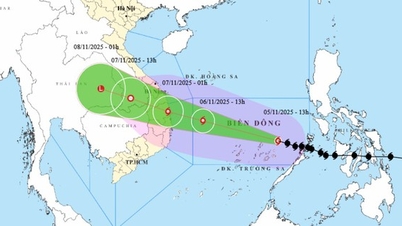




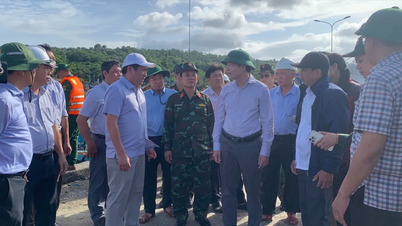
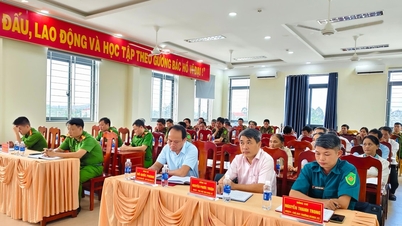

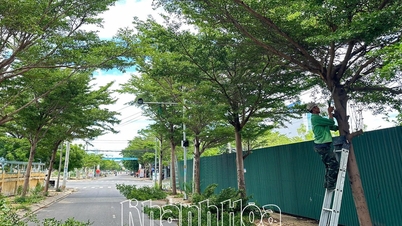

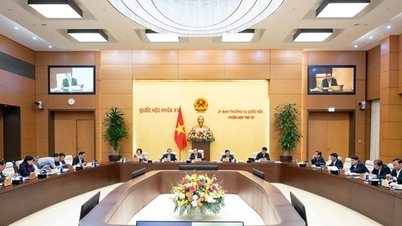
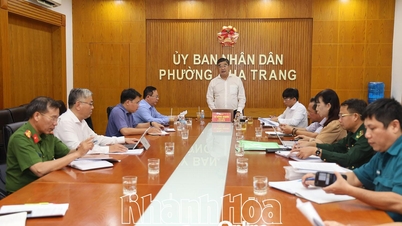














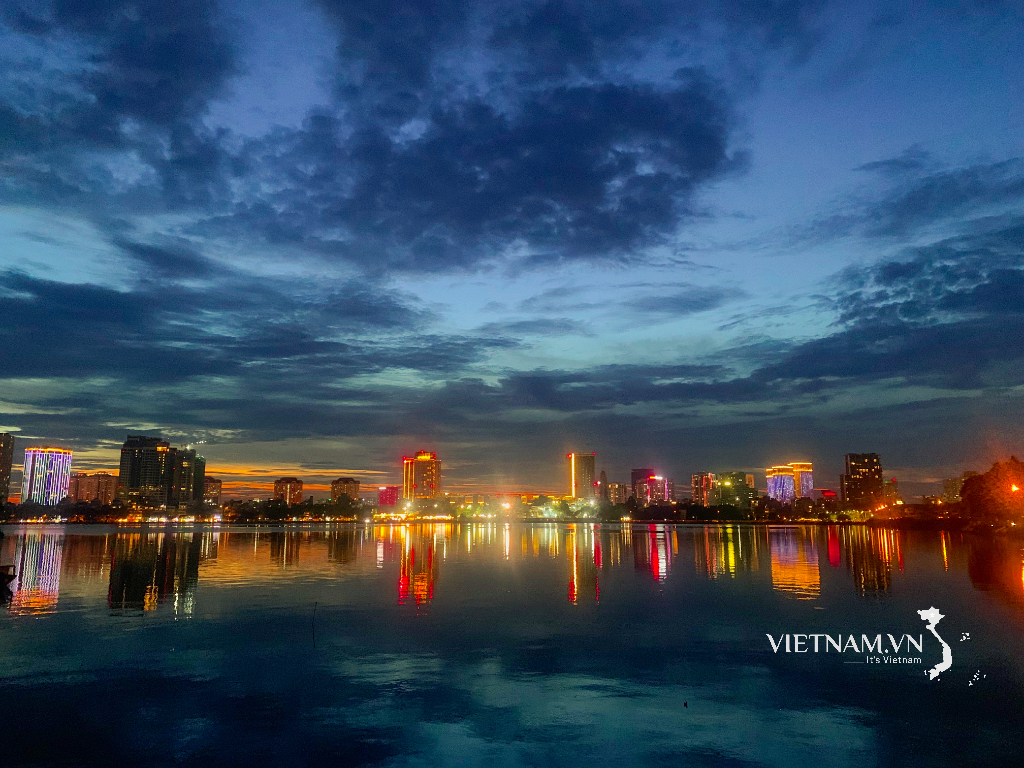
Comment (0)